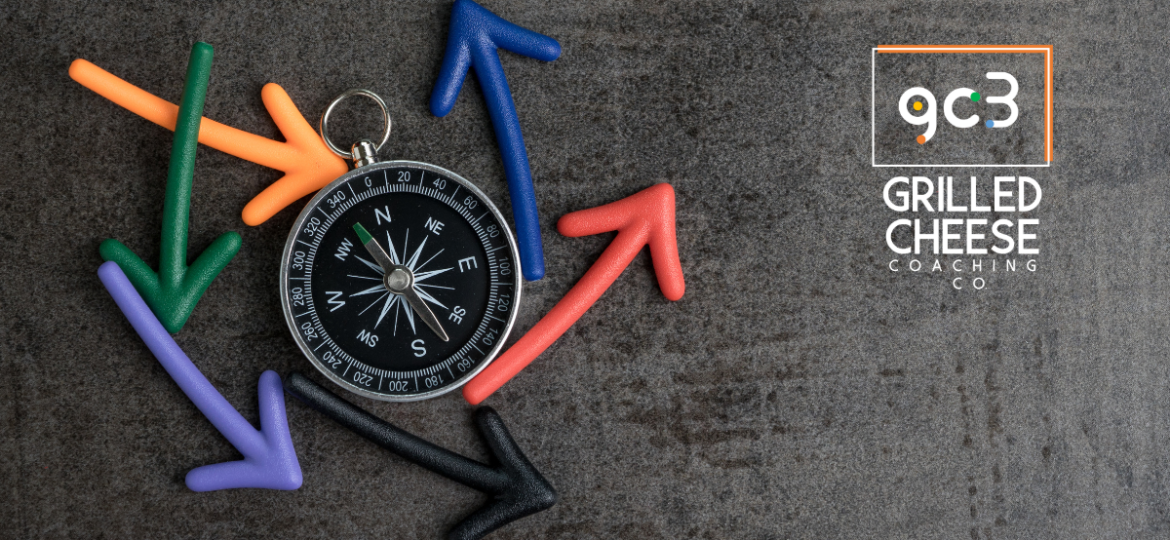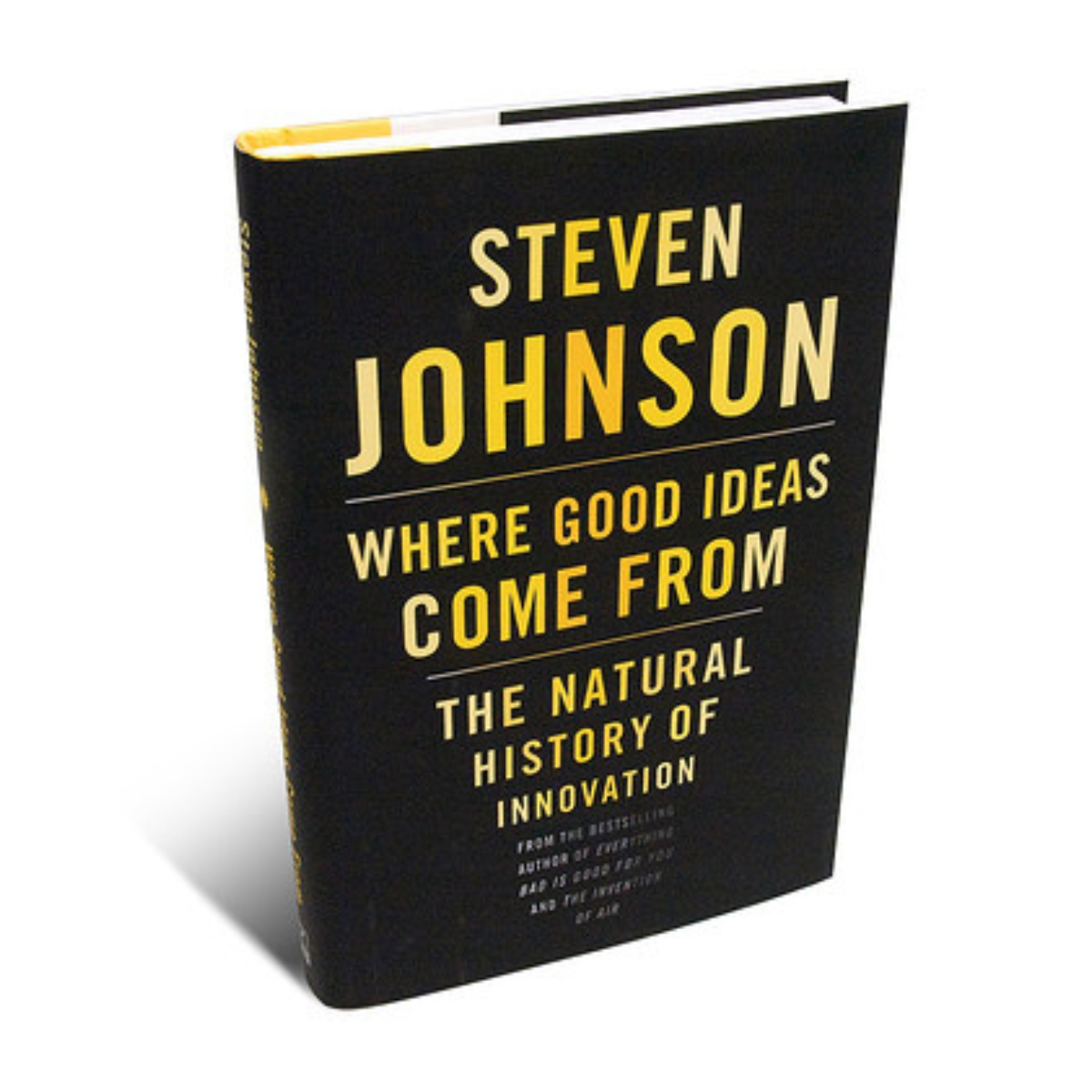
“Good ideas may not want to be free, but they do want to connect, fuse, recombine. They want to reinvent themselves by crossing conceptual borders. They want to complete each other as much as they want to compete”
~ Steven Johnson
Kieron’s teenage son once tried to explain the appeal of TikTok to him by saying that it always offered him exactly what he wanted to see and hear, for as long as he was willing to sit there and take it. It never missed a beat. It was perfect. While the rest of us probably don’t spend quite as much time on TikTok as the average teenager, we’ve all experienced the ever-increasing power of prediction in our lives. If you’ve ever received an Amazon package through the post with no recollection of having ordered anything, only to open the box and find exactly what you needed in there, you’ll know what I’m talking about. Amazon might not have actually placed the order for you (although I’m sure that’s only a matter of time!) but it certainly made the process so frictionless that it felt that way. Or, maybe you’ve requested one track on Spotify, and then realized four hours later that Spotify has been playing every song you’ve ever loved without any further interaction on your part? Or, maybe you’ve been excited to recommend a Netflix show to your friends only to find they’re all watching it already? Or,… You get the picture. The past year has seen a significant acceleration in our adoption of technologies that are designed to give us the ‘perfect’ experience. They’re optimized to reduce the margin of error, and to feed our senses with a continuous stream of exactly what we want. On the surface, this seems like a good thing. Who wouldn’t want more of what they love? The problem is that most innovation and creativity happen in that ever-diminishing margin of error. Innovation needs error. If we’re not being exposed to randomness, to white noise, to diverse perspectives, to a steady stream of challenges to our assumptions, then we’re going to lose the collision of ideas that leads to discovery. Serendipity is the mother of invention, and we’re losing it in many parts of our lives. Don’t get me wrong. I love technology and recognize how important it has become to us all in these strangest times. But, if you’re starting to feel like Bill Murray in Groundhog Day (“Don’t drive angry!”), where everything in your life is completely predictable and you can’t even remember what day it is anymore, then it might be time to seek out some randomness. You’ll be amazed at what you might discover there. Now, I would go on but Alexa has just informed me that an Amazon package has arrived. And I literally have no idea what it is… |
This week’s inquiry…
Where would your life or work benefit from some randomness?
Dive Deeper…
Beginning with Charles Darwin’s first encounter with the teeming ecosystem of the coral reef and drawing connections to the intellectual hyper-productivity of modern megacities and to the instant success of YouTube, Johnson shows us that the question we need to ask is, “What kind of environment fosters the development of good ideas?” (hint: it isn’t Disney+)
“Do you give your ideas time to evolve?”
Steven Johnson identifies the seven key patterns behind genuine innovation, and traces them across time and disciplines. From Darwin and Freud to the halls of Google and Apple, Johnson investigates the innovation hubs throughout modern time and pulls out the approaches and commonalities that seem to appear at moments of originality.


